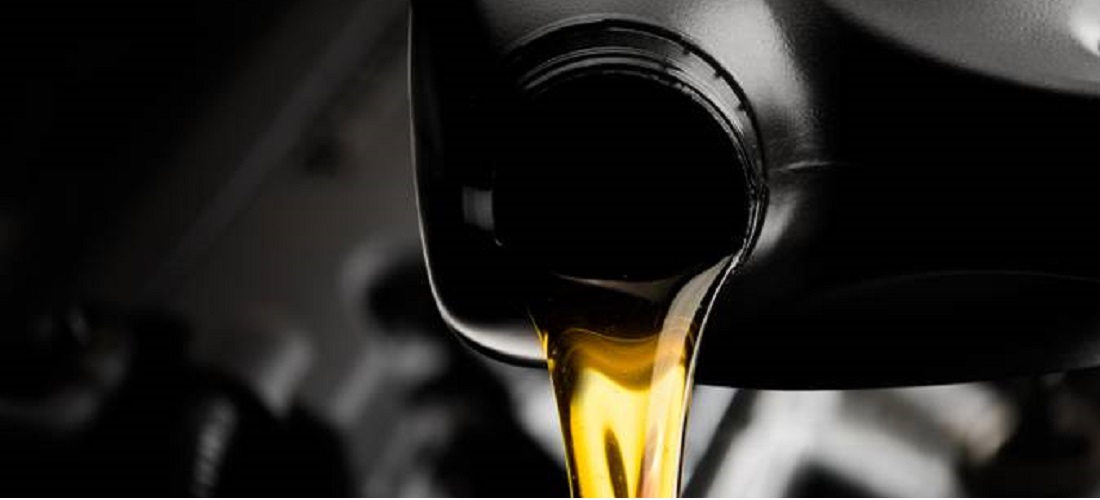
Brazil takes steps to import diesel from Russia, finds problems paying
Jun, 28, 2022 Posted by Gabriel MalheirosWeek 202226
With the possibility of fuel shortages looming, the Brazilian Federal Government requested the assistance of the Ministry of Foreign Affairs to import diesel from Russia. Only Petrobras currently imports from India, which receives oil from Russia.
The Ministry is helping private companies to acquire import accreditation in negotiations with Abicom, the national fuel importers association.
Nonetheless, all parties still find difficulties. The problem is that no bank wants to open a letter of credit for Russian import operations, fearing reprisals due to the international boycott after Russia’s war with Ukraine. Banks are also unwilling to receive payments for operations paid for in a single installment by companies in Brazil.
In effect, this means that the Brazilian embassy in Moscow is dealing with these potential Russian exports and working at the diplomatic level to acquire authorization to close purchase deals, as was done with the fertilizer purchase.
Brazil will need to import between 228 million and 454 million liters of S-10 diesel per month (2.37 billion liters in the year’s second half) in addition to what Petrobras produces and imports. In total, the estimated diesel deficit from July to December is almost 3 million cubic meters.
In fact, according to an agreement between Petrobras and the Ministry of Mines and Energy, the state-owned company has committed to importing 2,925,000 cubic meters of fuel from July to December. Between September and October, it will import 1,225,000 cubic meters.
Notwithstanding, its production plus imports will not be enough to meet demand.
Brazil consumes more than 5 million cubic meters per month.
Petrobras and many fuel distribution companies participated in a meeting at the beginning of the month at the Ministry of Mines and Energy, which assessed the need for Brazil to increase imports by over 15% to meet domestic needs. This is equivalent to bringing 2,971 thousand cubic meters, 55% of the average 5,334 thousand cubic meters consumed per month.
With the price gap compared to the international market (before the increase announced on the 14th), no private importer wanted to commit to importing diesel.
However, the new price situation prompted a government articulation with Russia after the readjustment.
There are two factors in favor of the Brazilian government. The first is Bolsonaro’s alignment with Putin concerning the war. The second – no less important – is that Russia has lower prices than other countries, such as India, which sells to Petrobras, but charges international prices.
Thus, even if the price gap in the domestic market remains (Abicom estimates this percentage at 8% for diesel), imports from Russia would still be competitive for private companies.
From a financial and operational point of view, importing almost 3 million tonnes of diesel from Russia between July and December would not be a problem. The question is how to pay for this oil since Russia is out of the international financial market.
There is also the broader international geopolitical dilemma because importing from Russia contests other countries such as the United States and the European Union.
In any case, Brazil aligned itself with the BRICS countries, including China, India, South Africa, and Russia, to defend the end of the war to reduce the economic impacts on the world. The South American country also argues that even countries in the European Union continue to import gas from Russia.
Source: Jornal do Comércio
To read the full original article, please go to: https://jc.ne10.uol.com.br/colunas/jc-negocios/2022/06/15033344-para-evitar-desabastecimento-brasil-ja-discute-com-russia-importacao-de-diesel-dificuldade-e-como-pagar.html
-
Meat
Oct, 30, 2021
0
Beef: Uruguay may export to Macau, China
-
Sugar and Ethanol
Aug, 12, 2019
0
Mills focus on ethanol production
-
Ports and Terminals
Oct, 27, 2020
0
Draft increase at Rio Grande port now it to receive larger vessels
-
Shipping
Oct, 10, 2022
0
CMA CGM reorganises BRAZEX service

